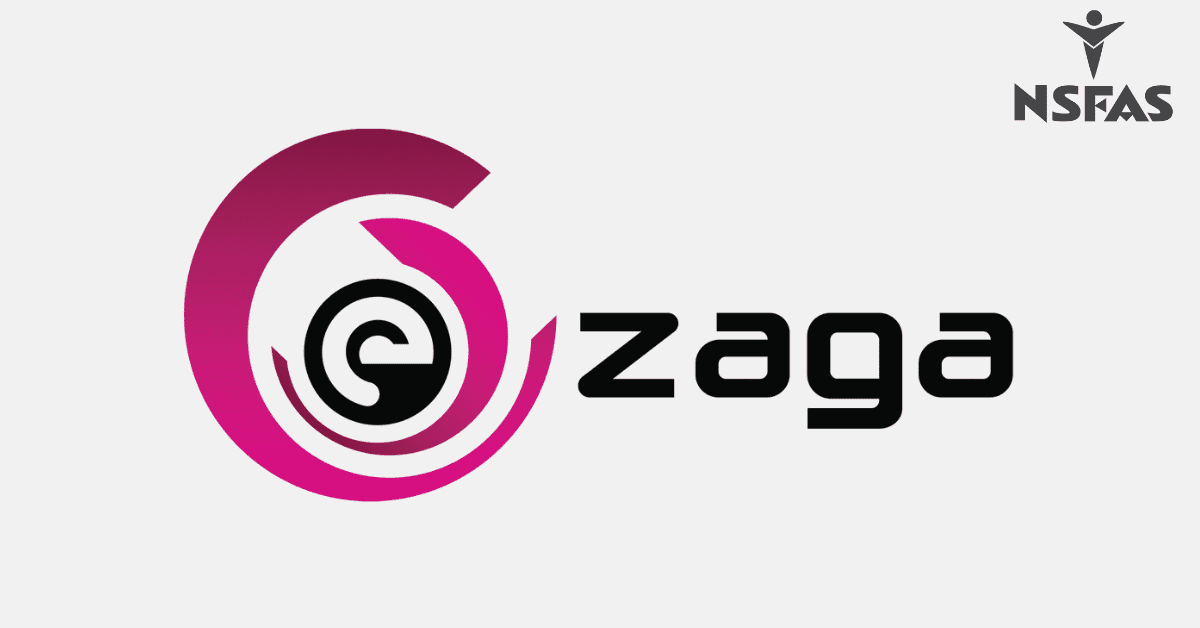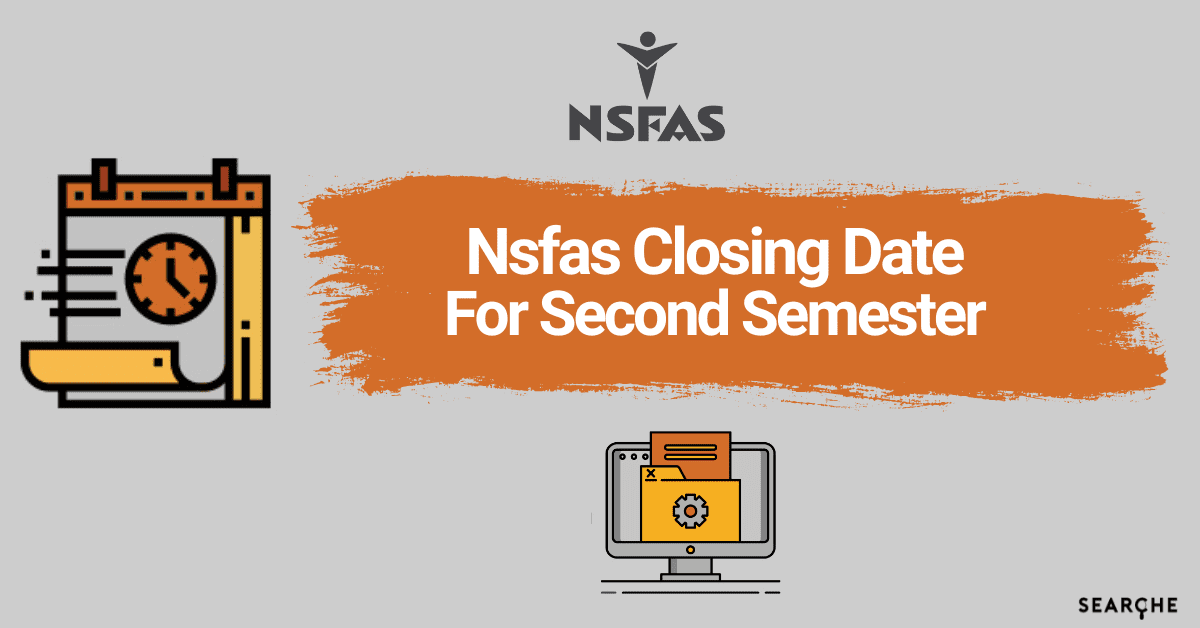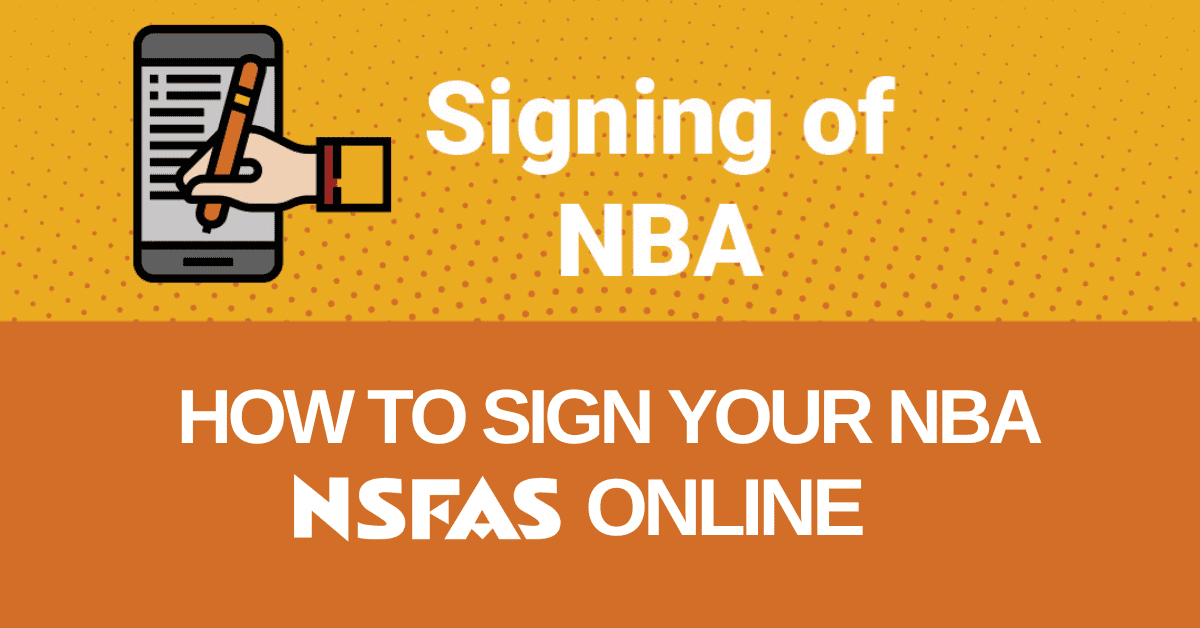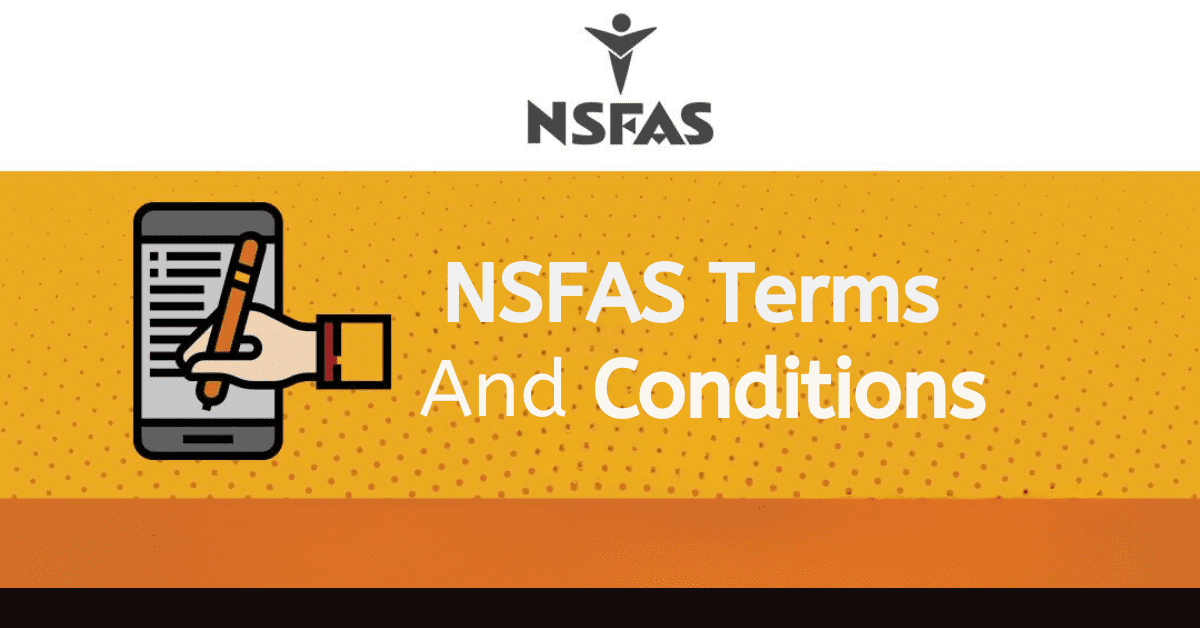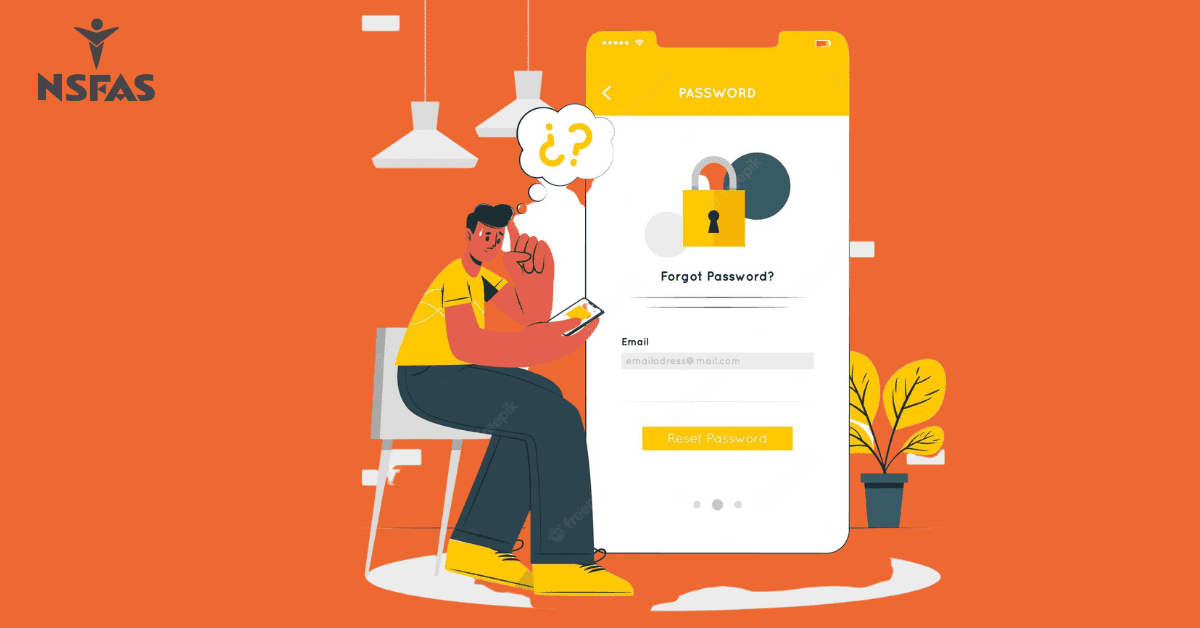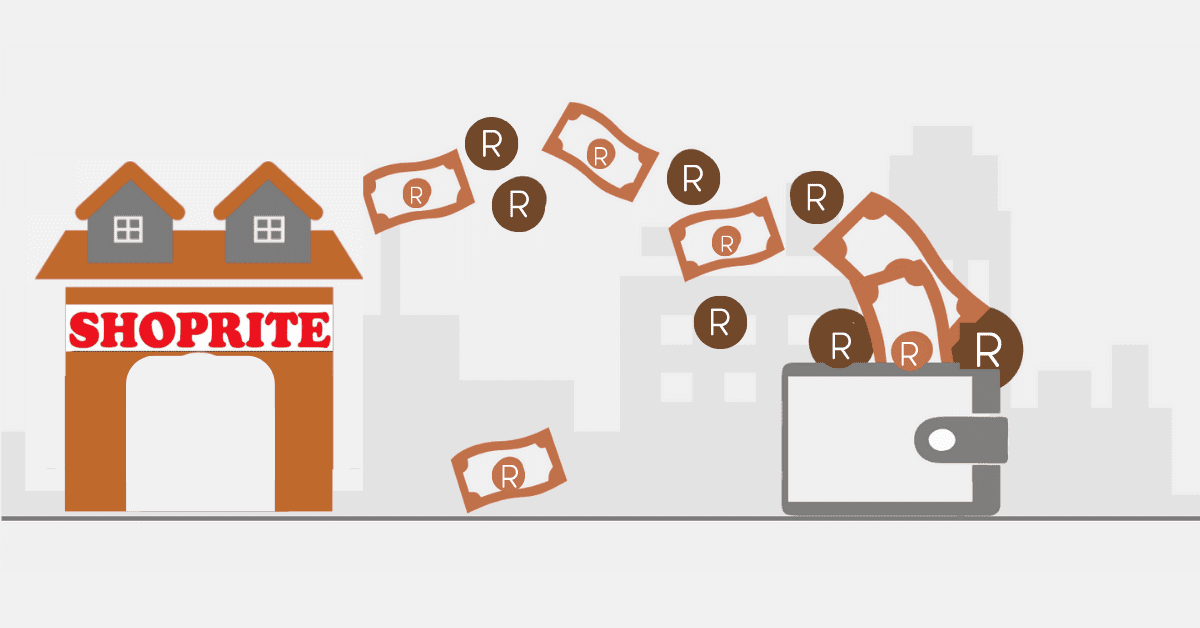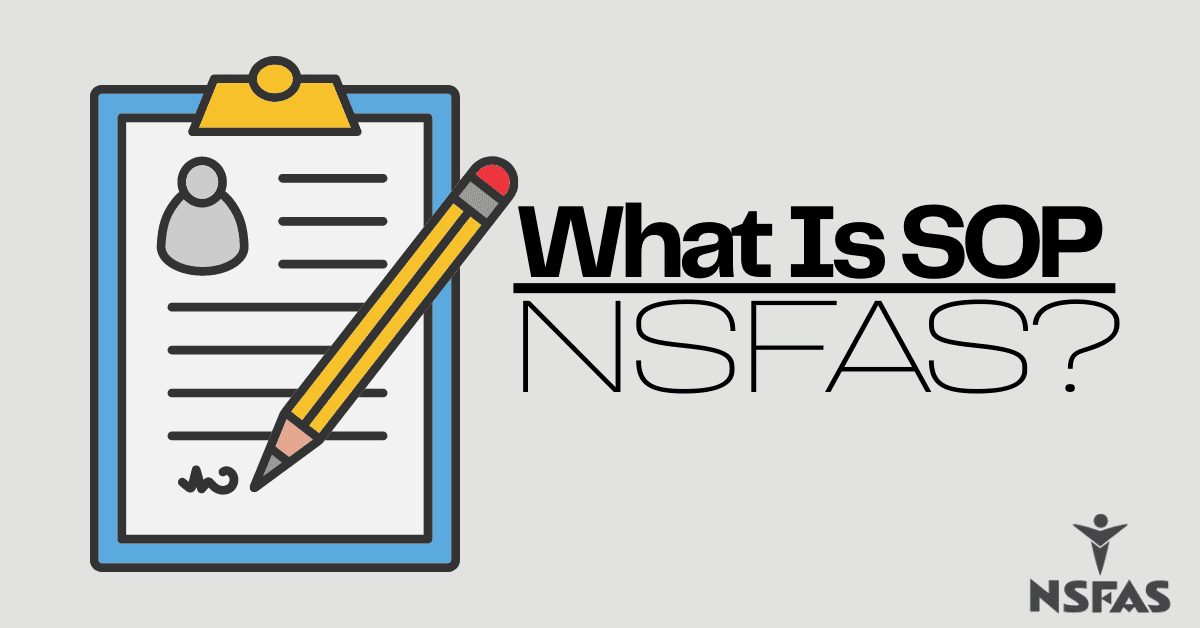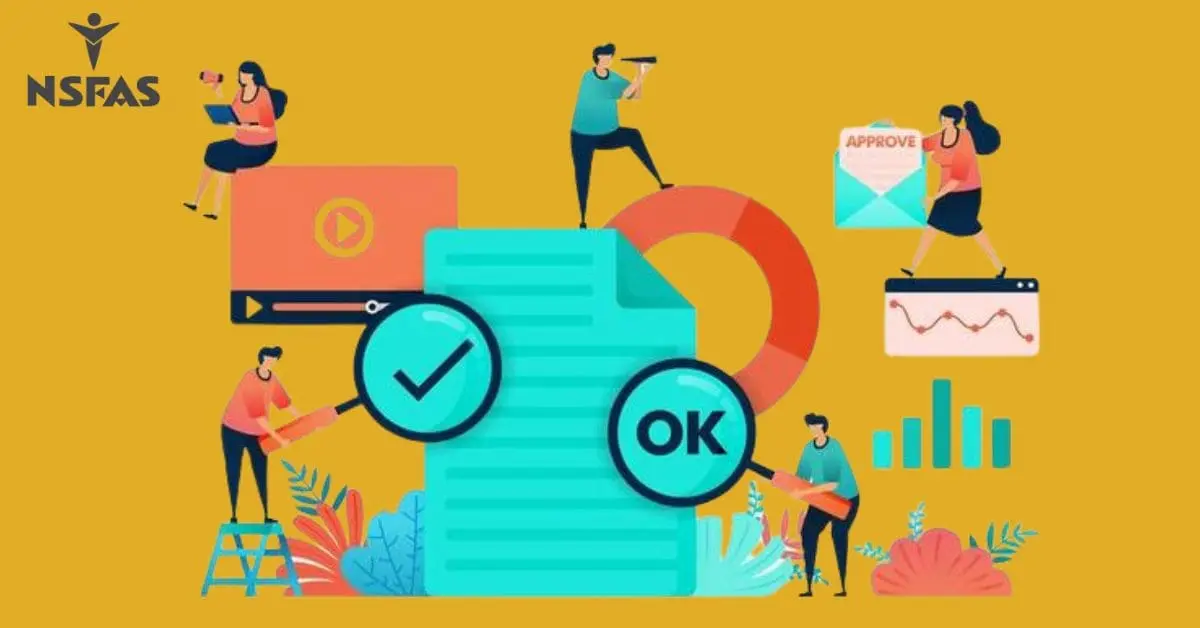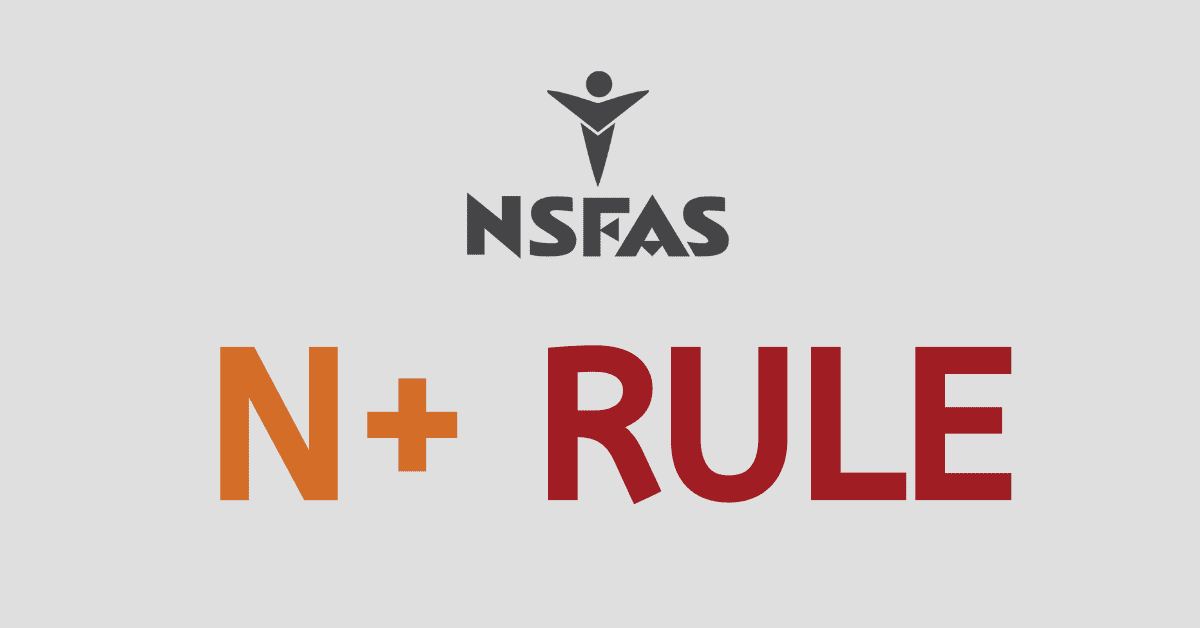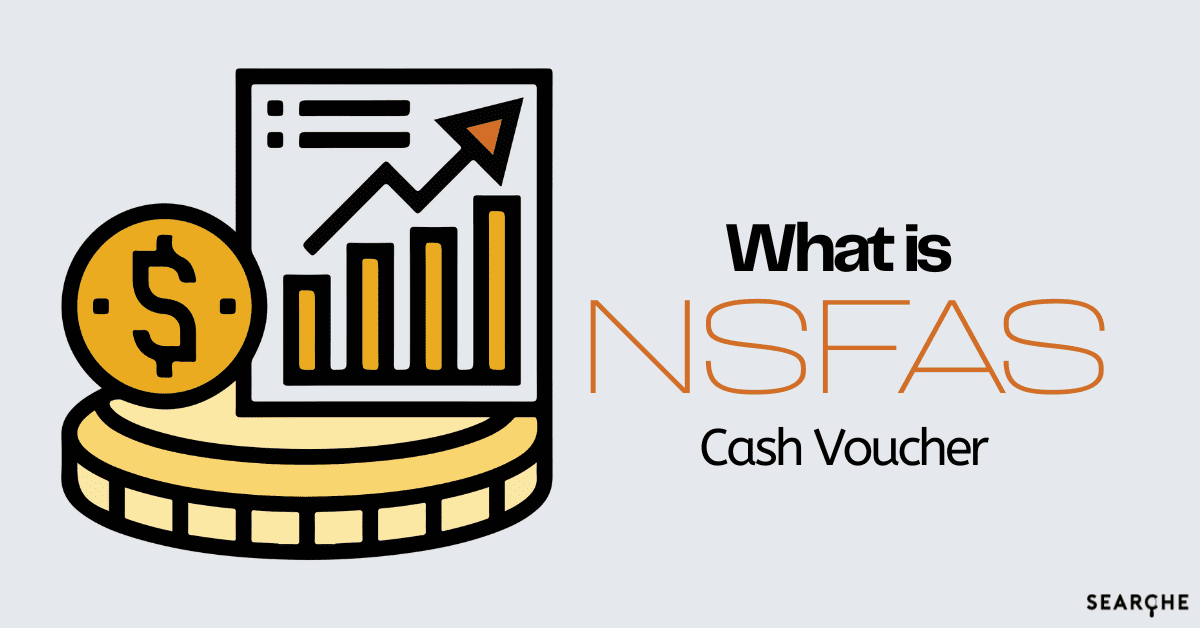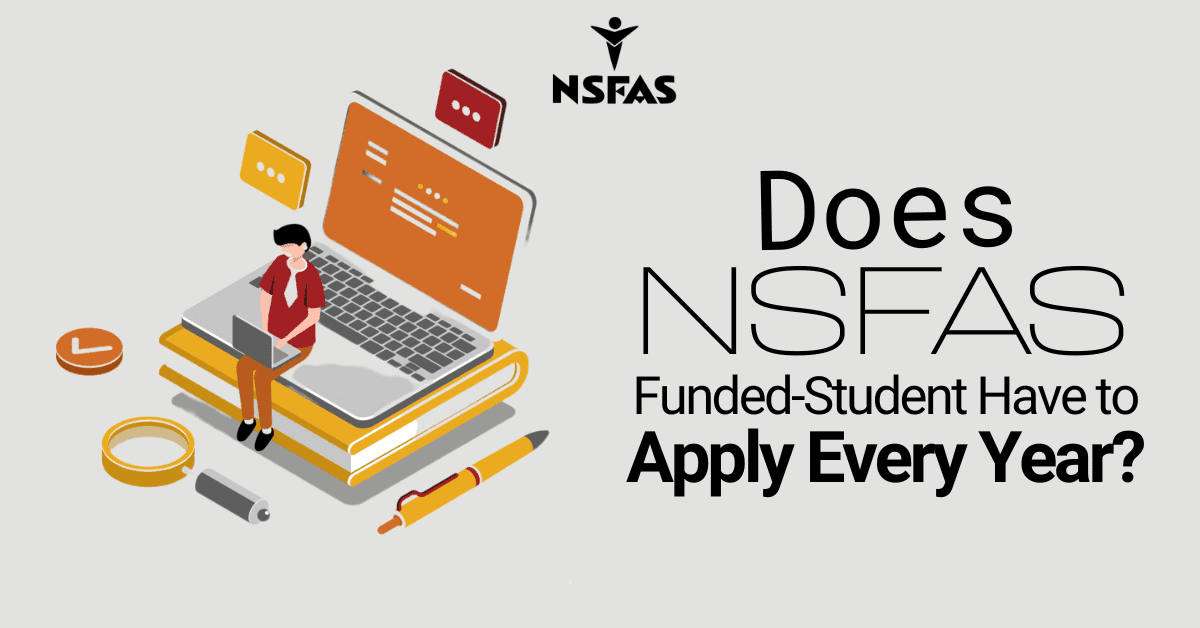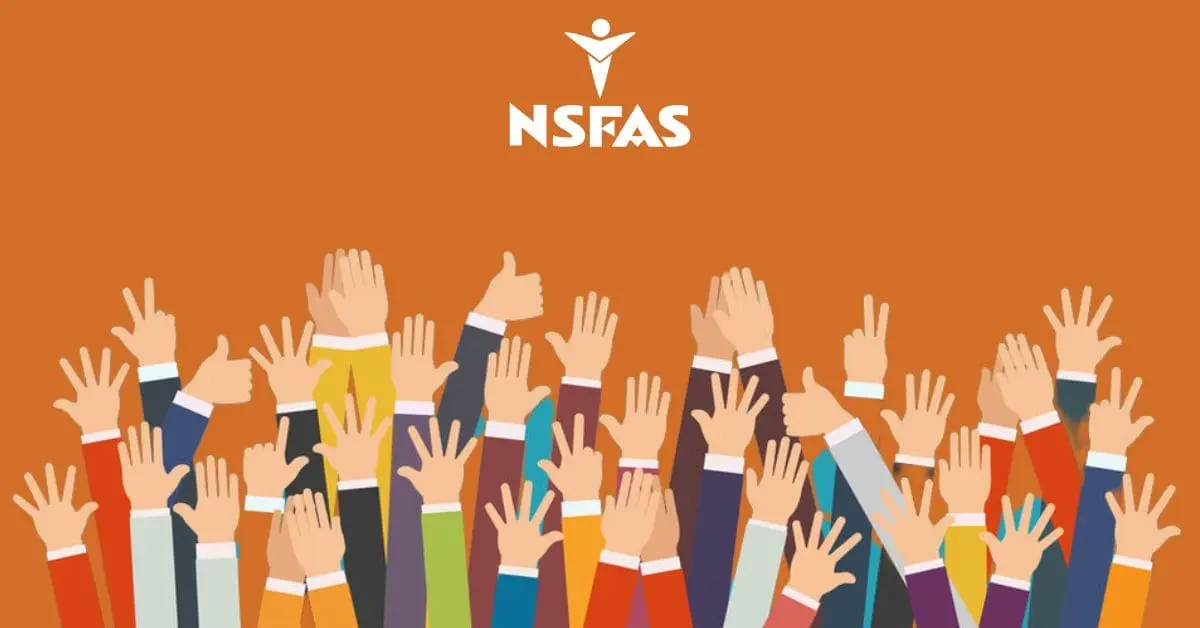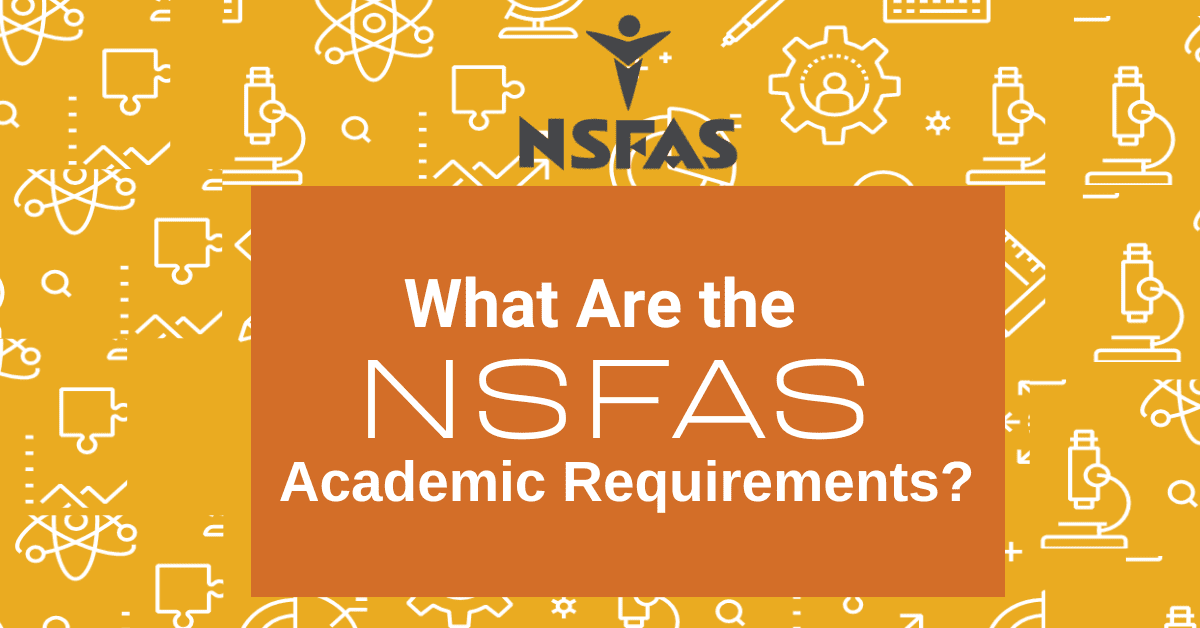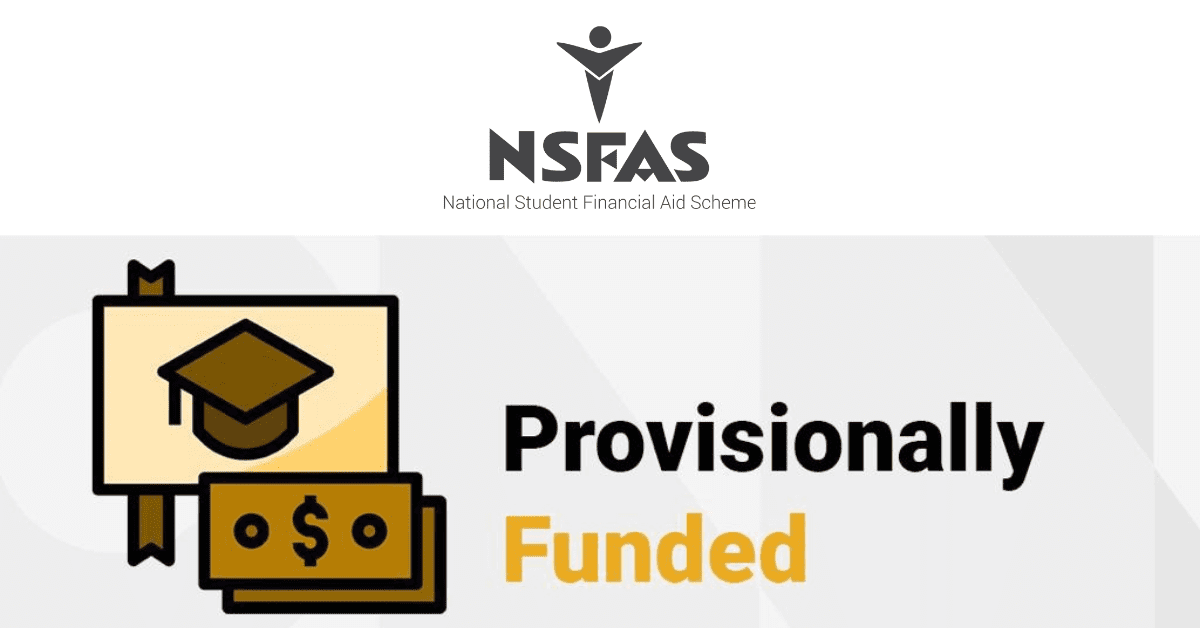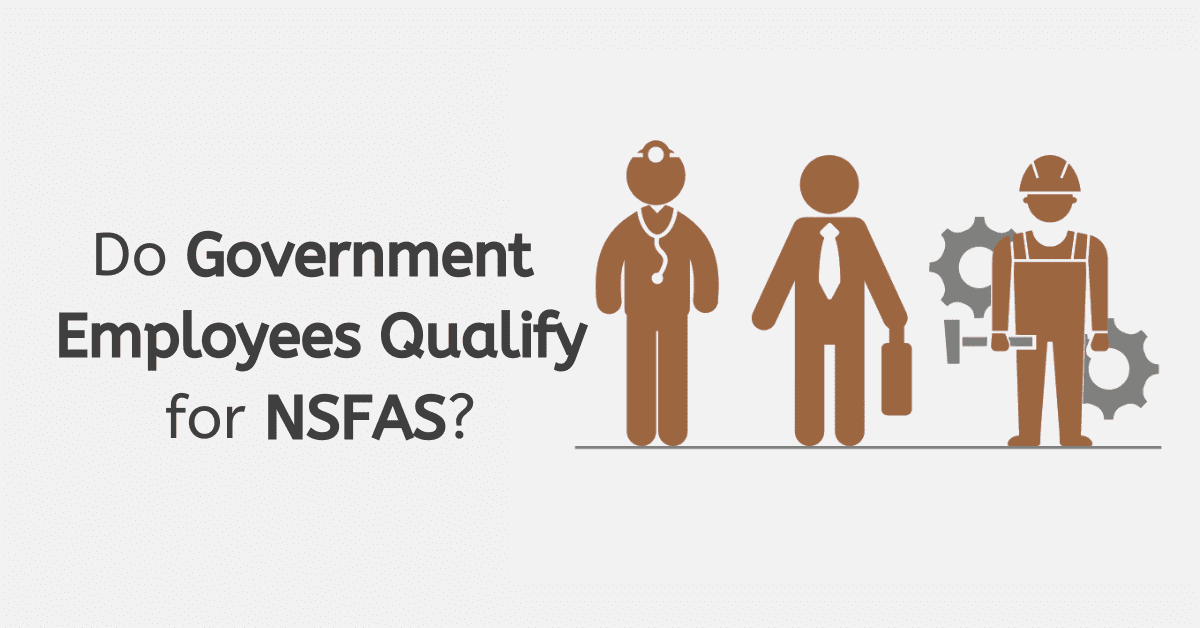For many students considering funding their tertiary education with NSFAS bursary, there is one key question- do I need to pay them back? It is important that you understand exactly what your obligations once you receive NSFAS funding are and what happens in situations such as if you drop out. It’s made a little more difficult to understand, however, because the NSFAS scheme changed its rules in the 2019 academic year. In this article, we break down whether you need to pay NSFAS
Do I Need to Payback NSFAS?
If you registered with NSFAS before 2018, then yes, you will need to pay back the loan you took. The good news is that 40% of the loan will have been converted into a bursary if you pass, so you will only be eligible to pay back the remaining 60%.
There have been changes to the NSFAS program in recent years, however, as the South African government commits to attempting to provide free education opportunities for all. It now runs as a full bursary program. Provided you pass, you will have your education paid for free. This counts even for students who drop out while remaining totally compliant with their criteria for the years they studied.
How Much Do You Pay Back to NSFAS?
If you fall into one of the categories where you do have to pay NSFAS back, you will only begin repayments once you have achieved your qualification and started working (for students funded under the 2018 loan criteria) or once you start earning a salary over R30,000 a year/R2,500 a month.
So that you are not too burdened by repayments, the repayment amount starts at 3% of your annual salary. If you start to earn over R59,300 or more a year, this will increase to a maximum of 8%. This means your repayments could be as little as R75 a month.
Who Must Repay NSFAS?
You will not receive further funding if you pass with eligibility, but you will not have to pay it back if you simply choose not to continue. It will affect any subsequent funding you attempt to procure, however, as they will consider the failed years as part of your future eligibility criteria.
You will also have to pay NSFAS back if you registered with them before 2018 when the program was still run as a loan and not a full bursary. This is regardless of whether you passed or failed.
Why Should Students Pay Back NSFAS?
Students who registered with NSFAS before 2018 knew that they were signing for a reduced-cost student loan. This is why your signature on the documents is so important.
For students who enrolled in 2019 or after that date, you are only eligible to receive a full-pass bursary like this if you hold up your end of the bargain- finishing your studies and keeping your academic standards in line with their expectations.
What Happens if You Don’t Pay Back NSFAS?
If you need to pay back NSFAS and don’t, they will follow all standard debt-collecting procedures, so it is a thing to be taken seriously. It can result in court action down the line. While not yet in play, the government of South Africa has indicated that defaulting students are likely to be blacklisted with the credit bureaus in future if they fail to pay back what is owed- just like with any other debt.
It is better to speak to them and let them know the issues you are having than to try and not pay. Should you become unemployed, the obligation to pay the debt will ease until you are once again employed, but you are required to let them know about the change in your employment status.
Do I Have to Pay NSFAS Back if I Drop Out?
Under most circumstances, NSFAS will not require you to pay back the amount of money if you drop out of the program, although the money you did receive will count against any further attempts to procure funding at a later point. If you dropped out before the 2019 change to the program, however, you will still have to pay back the loan despite dropping out.
As you can see, it is important to consider when you took advantage of NSFAS funding to know whether you need to pay back any amount to NSFAS. If you have registered for the first time in 2019 or later, the chances are there is nothing for you to pay. If your first registration was before the 2019 academic year, however, you will have to pay them back. If you pass your course, you are only eligible for 60% of the loan amount. If you drop out, you will have to pay back 100% of what money you received.
